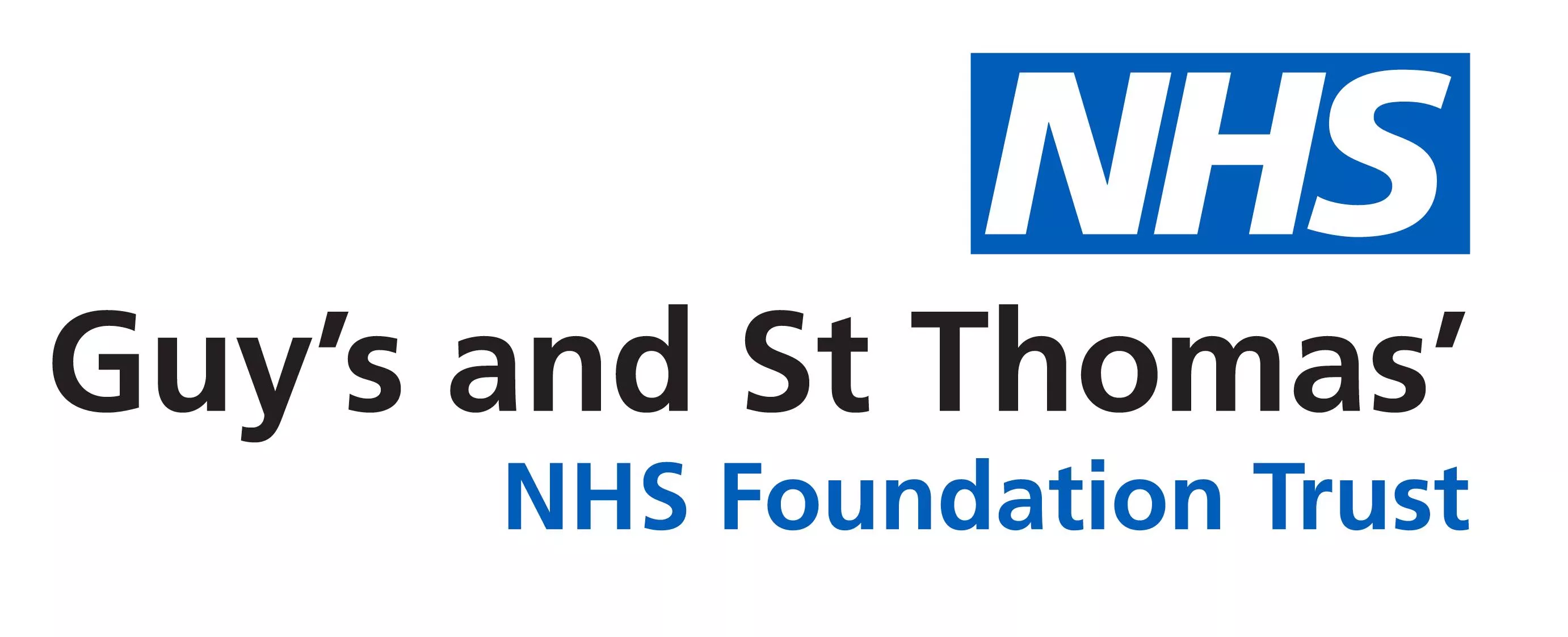Sexual health and mental health
Barriers and Facilitators to Accessing Sexual Health Care For People With Severe Mental Illness in England
People with Severe Mental Illness (SMI) (e.g., schizophrenia) experience more physical illnesses compared to those who do not have mental illness. As a result, mental health services are increasingly offering service users regular health checks and healthy living advice alongside usual care. However, sexual health among people with SMI often remains overlooked.
People with SMI have a range of unmet sexual health needs, including a lack of knowledge around staying healthy sexually, increased risk of sexually transmitted infections, and difficulty accessing contraception. However, people with SMI are also LESS likely to engage with sexual health services and LESS likely to engage in a timely fashion. Improved engagement with, and access to, sexual health services is essential for the treatment and prevention of sexual ill health, and increasing quality of life. However, we know very little about why people with SMI are less likely to access sexual health services, the challenges they face accessing these services, and their experience of engaging with these services.
This study will seek to identify barriers and facilitators to effective sexual health support and will generate recommendations about what works best in offering sexual health care to this group. We will do this by talking directly to people with SMI and to sexual health staff.
Funder: National Institute for Health and Care Research (NIHR).
Principal investigator: Dr Margaret Heslin
Co-investigators: Dr Kylee Trevillion (King's College London), Elana Covshoff (Guy's and St Thomas' NHS Foundation Trust), and Professor Elizabeth Hughes (Glasgow Caledonian University).
Method
What we plan to do
We will conduct one-to-one interviews with 30 people with SMI about their experiences of accessing and using sexual health services. We will also interview sexual health staff about providing care to people with SMI. Information from the interviews will be grouped into themes and this will be summarised in a report with recommendations about how to improve engagement and access to sexual health services.
Patient and public involvement
We consulted people with SMI about a study on HIV and they raised the issue of general access to, and support from, sexual health services, which we have developed into this application. An advisory group will be formed (including those with SMI) for this study and we will work with the group to write the study plan, documentation and findings. We will also draw on their expertise in interpreting the themes from the interviews.
Findings
Sharing the Findings
We will ensure that the findings are presented to a range of key stakeholders. This includes writing a report for the funder (NIHR), publishing a paper in an academic journal, and producing a range of easy-to-read lay summaries for service users, commissioners and health professionals. In addition, we will communicate the findings using social media including Twitter and blogs. We will hold events to share our findings and will invite those who deliver and design care services as well as policy makers and those with lived experience.
Get Involved
People with SMI
Who? We are looking for people with a diagnosis of schizophrenia, psychosis, schizoaffective or bipolar disorder who are 18 or over. We are looking for a diverse group of people to get involved and everyone is welcome; we are particularly interested in talking to people who are LGBT+ and who are from ethnic minorities.
What? You will be asked your views and experiences of sexual and reproductive healthcare in private 1-2-1 interviews.
Where? You will have the option to either talk to us in person, on Microsoft Teams via a computer or laptop, or on the phone.
Thanks. You will be given a £20 voucher as a thank you for your time.
How? If you contact us, we can talk you through the study details. You then have at least 24 hours to consider if you would like to be involved. You can withdraw at any time. Contact sexual-mental-health-study@kcl.ac.uk to get involved.
Sexual and reproductive health staff
Who? We are looking for sexual healthcare professionals who are currently working in sexual and reproductive healthcare or have done so in the last three years.
What? We are exploring the provision of sexual and reproductive health care to people with severe mental illness. We understand you may not have provided this group with care, or even know when your patients have severe mental illness—but this study is to explore that. You will be asked your views and experiences around this.
Where? MS Teams meeting with other health professionals.
How? If you would like to hear more about the study, please contact us. You will be under no obligation to take part. Once we tell you about the study you then have at least 24 hours to consider if you would like to be involved. You can withdraw at any time. Contact sexual-mental-health-study@kcl.ac.uk to get involved.





